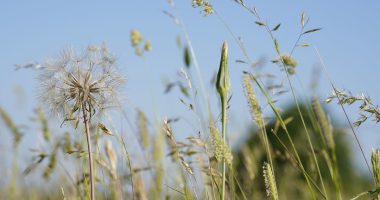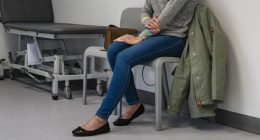Share this @internewscast.com
Women are more susceptible to rheumatoid arthritis because of 3 specific factors Endometriosis and Polycystic Ovary Syndrome (PCOS), breastfeeding and Early Menopause.
Rheumatoid arthritis affects both women and men but the symptoms, risk factors and impact is different for both. There are certain physiological factors that come into play for both genders. For instance, factors like genetics, hormones and environmental factors play a huge role in the symptoms for women. They might experience more intense pain and greater number of body parts may be impacted. Whereas, for men, the intensity of the pain may be very different. Let us understand the symptoms of rheumatoid arthritis experienced by women. According to the Arthritis Foundation, the disease affects three times as many women as men, and women are most likely to be diagnosed between the ages of 30 and 60.
3 Risk Factors Of Rheumatoid Arthritis That Only Impact Women
Breastfeeding
Results from the Nurses’ Health Study of more than 121,000 women found that those who breastfed for 12 months or longer had a 20% lower risk of RA than women who never breastfed. And a research review suggests that women who breastfed for even one month have a lower risk of the disease compared to those who have never nursed.
Early Menopause
Research suggests that women who enter menopause the stage when you haven’t menstruated for 12 consecutive months earlier are more likely to get RA. In one study, women who started menopause before age 44 were 46% more likely to get RA than those who entered the stage at age 50 or later, possibly because of the earlier loss of estrogen’s protective powers.
Endometriosis and Polycystic Ovary Syndrome (PCOS)
Women who have endometriosis (a potential hormone-related condition that causes endometrial tissue to grow outside the uterus) are nearly four times as likely to develop rheumatoid arthritis than those without the disease, according to one study. Research suggests that people who have polycystic ovary syndrome (PCOS) also have a slightly higher risk of developing rheumatoid arthritis.













